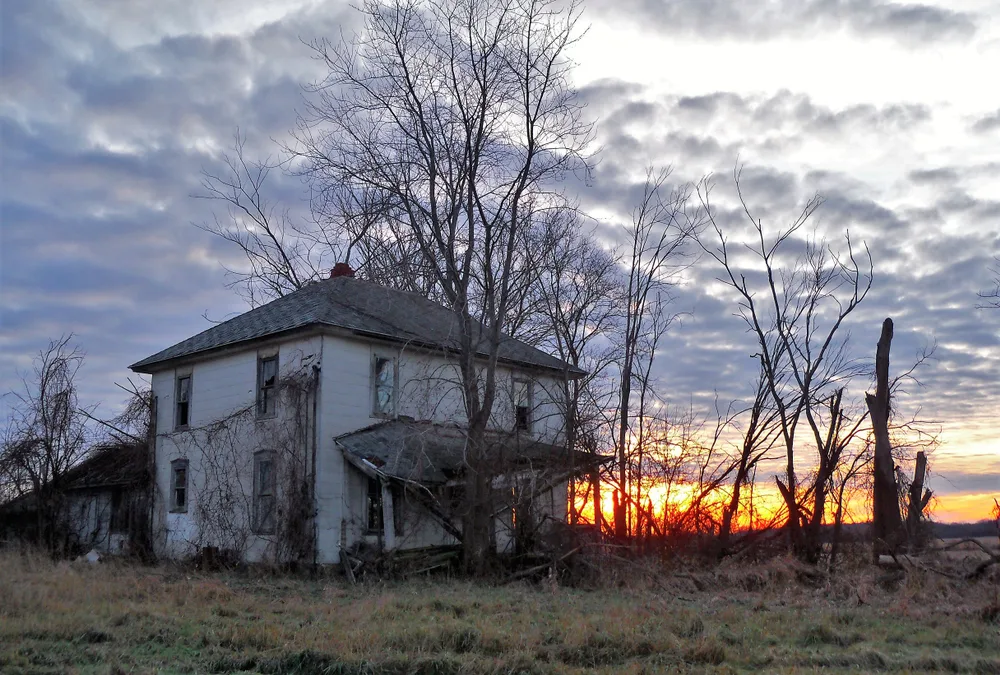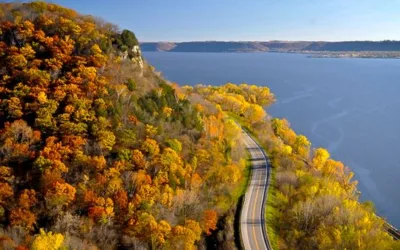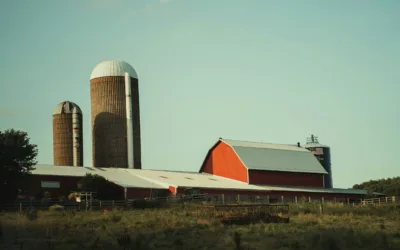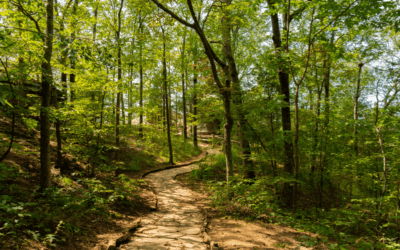
#image_title
For more than a century, meatpackers have been taken for granted as ‘not regular folks.’ That should change.
Packers have been a part of Green Bay since long before Curly Lambeau convinced his then-employer, the Acme Packing Company, to support the local football team.
Acme Packing and packers all over the country were some of our early essential employees because of the meatpacking that they did – the beef, pork and other foods that helped feed us.
We often think about the farmers who feed us, but there’s an entire food supply chain, people making sure that the meats and vegetables get to us. And a lot of the time they’re taken for granted. They may not be given the safest of conditions. They may not be given the best pay.
But as we’re finding out in this COVID-19 outbreak, these are some of the places that have turned into hotspots, and where a focus once again needs to be put on the working conditions for these important meatpackers and other employees in the food chain.
This is not something new in America. Upton Sinclair wrote “The Jungle” in 1906 calling attention to the plight of these workers, many of them immigrants and therefore forgotten or disregarded. And you might think that that’s something in the past.
But as we were reminded this week by the Chief Justice of the Wisconsin Supreme Court, there are still plenty of people who look at meat packers and immigrant labor and others at the low end for wages as not “regular folks.”
Well, they most assuredly are regular folks who deserve a fair paycheck and who also deserve safe working conditions. And they deserve to be remembered by us not just when we’re buying food, but when we’re setting policy.
Right now these folks and many others are living paycheck to paycheck, if they’re still getting a paycheck. For everybody else, this country is living stimulus bill to stimulus bill and lacking a long-range plan on how this country gets through this epidemic with so many people having to stay home.
And while that is a hardship, we need to remember that in the food processing industry alone there have been at least 700 COVID-19 cases in Wisconsin, 700 workers at these plants who have caught the coronavirus and get sick, and some die. In fact, nationwide there have been some 10,000 COVID-19 cases in food industry workers and at least 45 deaths. There are at least 9 OSHA investigations going on right now at Wisconsin food processing plants.
So as we look ahead to whether there will be organized football this fall, we can certainly support the Packers with a capital P. But let’s remember the ones with a lower case p, the ones who don’t get millions of dollars. They can’t do a Lambeau Leap. But they are keeping us fed. And if we want to avoid future shortages of meat and other foods, we need those factories to stay open. Not by presidential decree, but by having a workplace where people can and do work safely.
It is time to support the packers. All of the packers.
Support Our Cause
Thank you for taking the time to read our work. Before you go, we hope you'll consider supporting our values-driven journalism, which has always strived to make clear what's really at stake for Wisconsinites and our future.
Since day one, our goal here at UpNorthNews has always been to empower people across the state with fact-based news and information. We believe that when people are armed with knowledge about what's happening in their local, state, and federal governments—including who is working on their behalf and who is actively trying to block efforts aimed at improving the daily lives of Wisconsin families—they will be inspired to become civically engaged.


Milwaukee thrift stores that have been around forever
Buying gently used items is a great way to not only express personal style but also keep items out of landfills by finding them a new home. Before...

Mild winter triggers financial support for Wisconsin businesses
Businesses in Wisconsin that experienced losses due to this year's unusually mild winter may now be eligible for federal disaster loans.Governor...

The fascinating stories behind 7 Wisconsin ghost towns
Wisconsin has plenty of bustling cities and thriving suburban neighborhoods. But the Badger State is also home to hundreds of ghost towns —...

How Wisconsin’s 7 billionaires made their fortunes
As of the start of 2024, Wisconsin is home to seven billionaires, and their fortunes range from "old money" to brand-new empires. How did they do...





